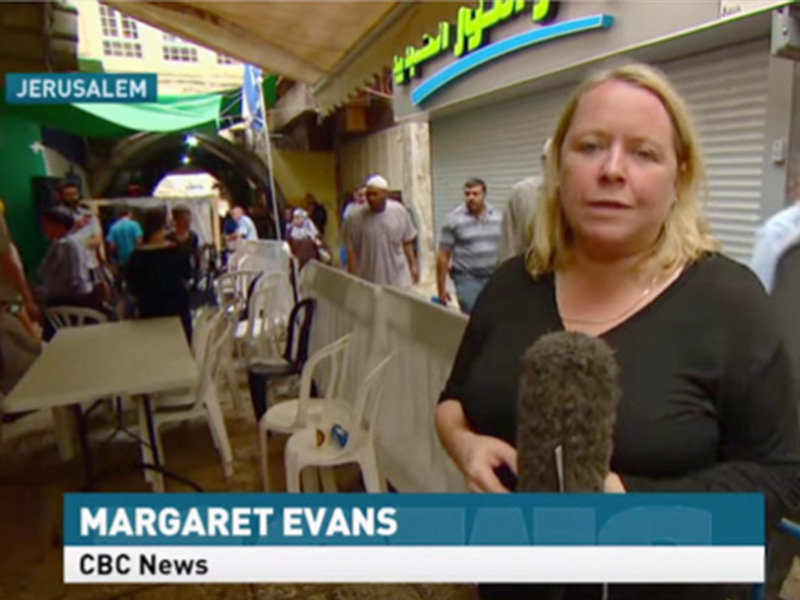The gruesome routine is familiar. Israelis are hunted down by Arab terrorists, and we are condemned for defending our lives. In the media, headlines focus as least as much on the murderers as on their victims, and when a knife-wielding Palestinian teenager is shot during his rampage, it’s referred to as a “summary execution.” A recent New York Times headline read “Stabbings, and deadly responses, add to Israel’s security challenge” – describing the responses, and not the attacks, as “deadly.”
As is generally the case, many media reports rely heavily on political groups that press their agendas under the facade of expertise in human rights. The New York Times quoted a number of such groups including Amnesty International, which accused Israel of using “excessive force” to stop the attacks. Similarly, activists from the Israeli NGO known as B’tselem and the Palestinian group Al Haq are quoted as if they were experts on international law and ballistics.
However, as is very often the case, the officials of these organizations have neither the information nor the professional credentials to make such judgments, and by giving them legitimacy, journalists are simply perpetuating the myths. Such compilations of quotes from selected sources and pseudo-experts, cut and pasted into the automatic media framing based on Palestinian victimization and Israeli aggression, have largely replaced serious journalism with professional standards.
In many cases, the Canadian media is no exception to this pattern. In listening to CBC Radio news programs, we hear the same distortions, biases, and clichés found elsewhere. (In my years of observing the hundreds of foreign journalists in Israel, the degree to which reporters travel in packs, automatically repeating each other’s slogans and frameworks, stands out strongly.)
For example, on Oct. 9, Margaret Evans reported from Jerusalem on CBC Radio’s flagship World at Six news program, presenting the emotionally laden version of Palestinian victimization that she has used for many years. On a day when two Israeli men were viciously stabbed to death in Jerusalem’s Old City in front of their families during the holiday of Sukkot, she instead chose to report from Ramallah, focusing on Palestinians “frustrations” and the funeral of a 19-year-old who, she said was “shot dead by Israeli security forces,” only adding as an afterthought that he was the murderer who stabbed Aharon Banita and Nehemia Lavi. CBC listeners heard her emotion-laden voice, describing the anger “starting to burn bright again” among youth who confront armed Israeli soldiers at “checkpoints.”
Evans either doesn’t know the history or doesn’t care – she simply echoes Palestinian propaganda lines, as she did during previous stints in Israel many years ago. For her, there is no background prior to the 1967 “occupation,” the checkpoints have nothing to do with security necessary to prevent terror, the hateful anti-Israel incitement is erased, and the conflict is reduced to a “game of cat and mouse” between frustrated Palestinian protesters and powerful Israeli soldiers.
Later in her report, she added some Israeli voices for artificial balance, asserting, with no evidence at all, that the “stabbings have spooked the Israeli leadership.” The murdered Israelis remained anonymous to Evans, while listeners were told that the “people mourning them are Jewish settlers who want a foothold in the Muslim Quarter just up the road from the Al Aqsa compound.” This allegation, like the others, has no relation to journalism.
Evans ended with a string of clichés, invoking the “cycle of violence,” which has created “dark seemingly immovable matter of a stagnating conflict turning out new generations of conflict” – whatever that means.
The assessment of the professional qualifications and actions of CBC reporters, and actions to be taken in response, are issues for Canadians to consider. But the lives of Israelis are deeply affected by these distorted and harmful portrayals in the international media.
